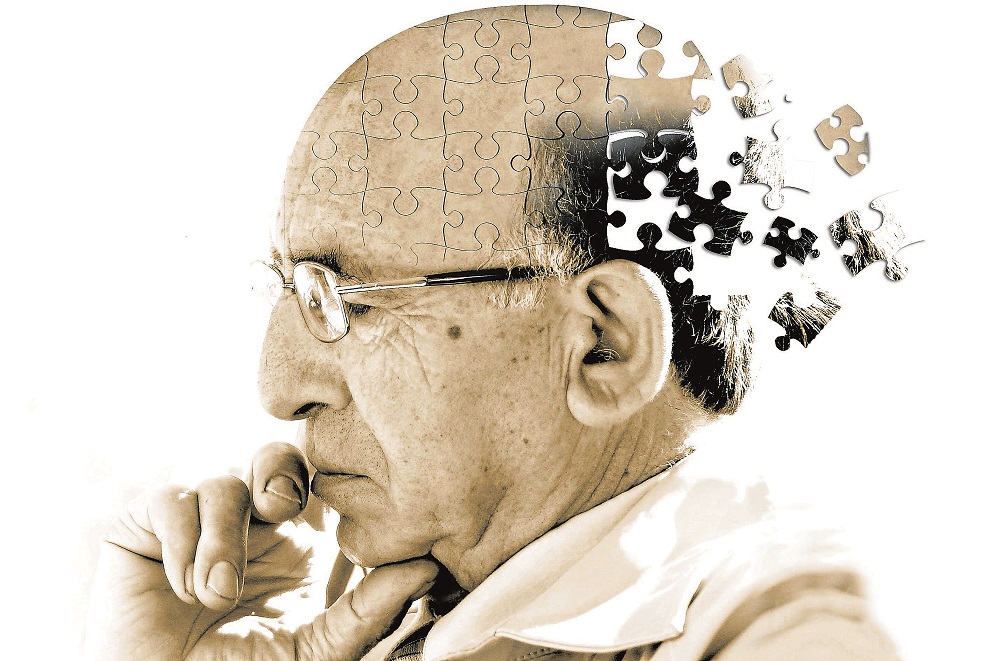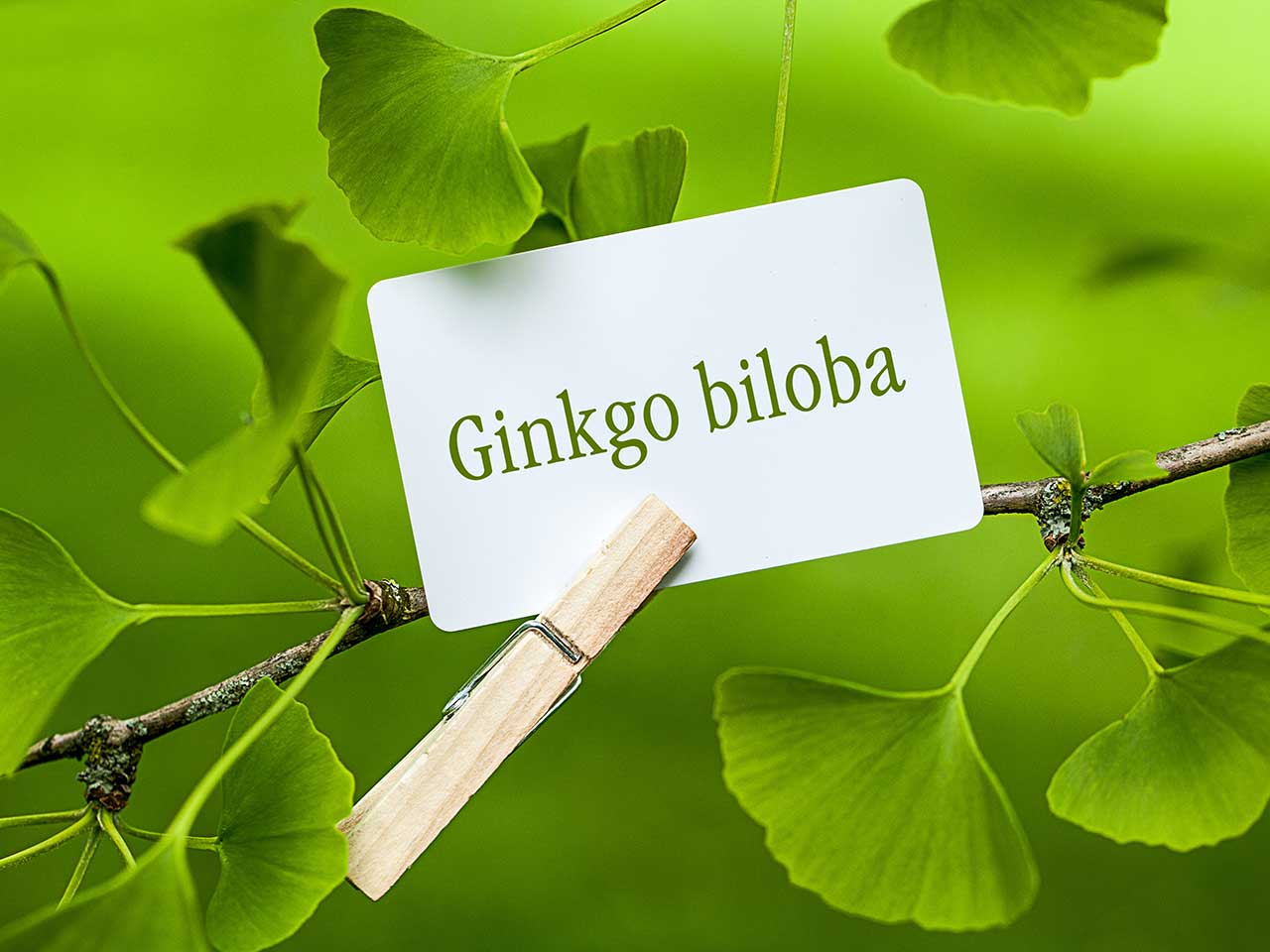A powerful herb to keep your brain active.
“Memory is the mother of all wisdom” – Aeschylus
What is dementia?
Can you imagine forgetting the names of your children, or your partner? Can you imagine waking up one morning, in the same house you have lived in for the past 30 years, not knowing where you are?
This is the life of someone suffering from dementia.
Dementia essentially robs you of your memory. It slowly begins to erase your recent memories and your ability to perform simple daily tasks, until it eventually takes your life. It can be a very frightening and distressful disease for the sufferer, but it can be equally heart-breaking for their loved ones.
Alzheimer in particular, a form or dementia, will show development of harmful deposits known as plaques and tangles. Together with oxidative damage and inflammation, it progressively destroys your brain cells and reduces your brain mass.
Symptoms may include:
- Forgetfulness
- Confusion
- Memory loss
- Difficulties in thinking, reasoning, multi-tasking, decision-making and planning
- Personality changes and mood swings
- Physical disability
Who gets dementia?
In 2011, over 48,000 people in New Zealand had dementia, which had increased 18% over 3 years since 2008. By 2050, this number is predicted to triple. United States has also shown a whopping 55% increase in death rates from Alzheimer’s from 1999-2014. Additionally, there is a much higher prevalence rate in minority groups such as African-Americans, Hispanics, Pacific Islanders and Maoris.
Why?
Unfortunately, science has not been able to pinpoint the exact risks of developing dementia or Alzheimer’s disease. What we do know is that genetics do play a large part, and it becomes more prevalent with age. People now live longer than our ancestors due to the medical advances that allows us to fight against cancers and heart disease. This does not, however, mean that we are healthier. It means that certain risks are halted using pharmaceutical drugs and surgeries. It just keeps us from dying! And because we are now living far beyond the life expectancy to that of several hundred years ago, the rate of diseases such as Alzheimer’s are growing rapidly.
We could also argue that we are one of the laziest generations of all time. We often sit mindlessly in front of the television, relying on technology to store our memory, where much of our daily chores can be done in a touch of a button. We have also become very lazy with our food. Fast food is convenient, but it replaces nutrients with sugar, gluten, additives and preservatives, salts and trans fats. Such “non-foods” can create inflammation, not only in your body, but also in your brain. Chronic inflammation in the brain can ultimately cause degeneration of your brain cells and diminish your cognitive function. This may also explain why dementia is more prevalent in populations that have a higher rate of junk-food consumption.
So what can you do to help prevent the development of dementia?
Ginkgo biloba
Ginkgo is also known as the “living fossil” as it is the only surviving specie of the Ginkgoales family. It almost had gone extinct along with the dinosaurs during the global catastrophic event, but it had survived in China, and slowly spread through to Japan, Korea, Europe and America.
Interestingly, as you observe the individual leaves, it closely resembles a cross-section of the brain, as if you had cut it from one ear to the other!
Ginkgo possesses a number of amazing healing properties to protect and nourish the brain:
Ginkgo is a great antioxidant
As mentioned earlier, dementia or Alzheimer’s may be caused by oxidative damage. This is a similar process to a piece of metal starting to rust. Oxidation is caused by oxygen species called free-radicals that can attack your cells, and brain cells are no exception. Studies have found that people with higher levels of antioxidants in their blood shows better memory attention, and autopsy findings from the brains of Alzheimer’s sufferers showed significant oxidative damage. Ginkgo, along with other antioxidant intake (green tea, berries, nuts and seeds, fresh fruits and vegetables, olive leaf, turmeric), can help to protect the brain cells from attacking free-radicals.
Ginkgo improves healthy brain signals
There are numerous chemical messengers inside your brain called neurotransmitters. Among the neurotransmitters, acetylcholine is the most abundant in your brain and helps with memory formation and retention. Alzheimer’s patients often suffer from age-related reduction in acetylcholine levels, and therefore many of the drugs are aimed to reduce the number of enzymes that breaks down acetylcholine. When ginkgo was compared to some of the drugs, it performed as equally effective in protecting the breakdown of acetylcholine.
Ginkgo helps protect brain cells
Ginkgo also helps to protect the brain cells from other damaging effects of Alzheimer’s. One of the hallmark signs of Alzheimer’s is the development of plaques called beta-amyloid. Some studies show that ginkgo may help to protect brain cells against destruction caused by beta-amyloid, particularly in the hippocampus, which is responsible for bodily functions, regulation of emotions, and memory.
Ginkgo reduces inflammation
Signs of inflammation are also prevalent in the brains of an Alzheimer patient. It has the ability to shrink brain cells and cause other damages to the brain. It has been proposed that ginkgo works well to promote healthier brain function due to its anti-inflammatory properties.
Ginkgo Improves blood flow to the brain
Ginkgo is a circulatory stimulant, which means that it helps to increase the blood flow around your body, including your brain. Better blood flow to your brain means that nutrients cam be delivered more effectively, and remove harmful toxins out at the same time. This is why ginkgo can help to improve tinnitus, headaches, and psychological disorders such as anxiety and depression.
Ginkgo is not only for those who are suffering from dementia or Alzheimer’s. It can be used by healthy individuals to enhance their general cognitive function, short-term and long-term memory, abstract reasoning and processing speed. Perfect for students during exams! It can be taken as a herbal tea infusion, as a supplement, or as a herbal tincture prescribed by a medical herbalist.
Warning!
Just because it’s natural does not mean that it is entirely safe. You must avoid ginkgo or speak to a qualified health practitioner if you are taking the following medications:
- Antiplatelet or anticoagulant medications
- Anticonvulsants
- Antipsychotics
- Benzodiazepines
- Nifedipine
- Omeprazole
- Warfrin
- Aspirin
Kohei Iguchi – BSc, BNatMed, MNZAMH, MNZSN
Qualified Naturopath, Medical Herbalist, Advanced Hemaview Practitioner


